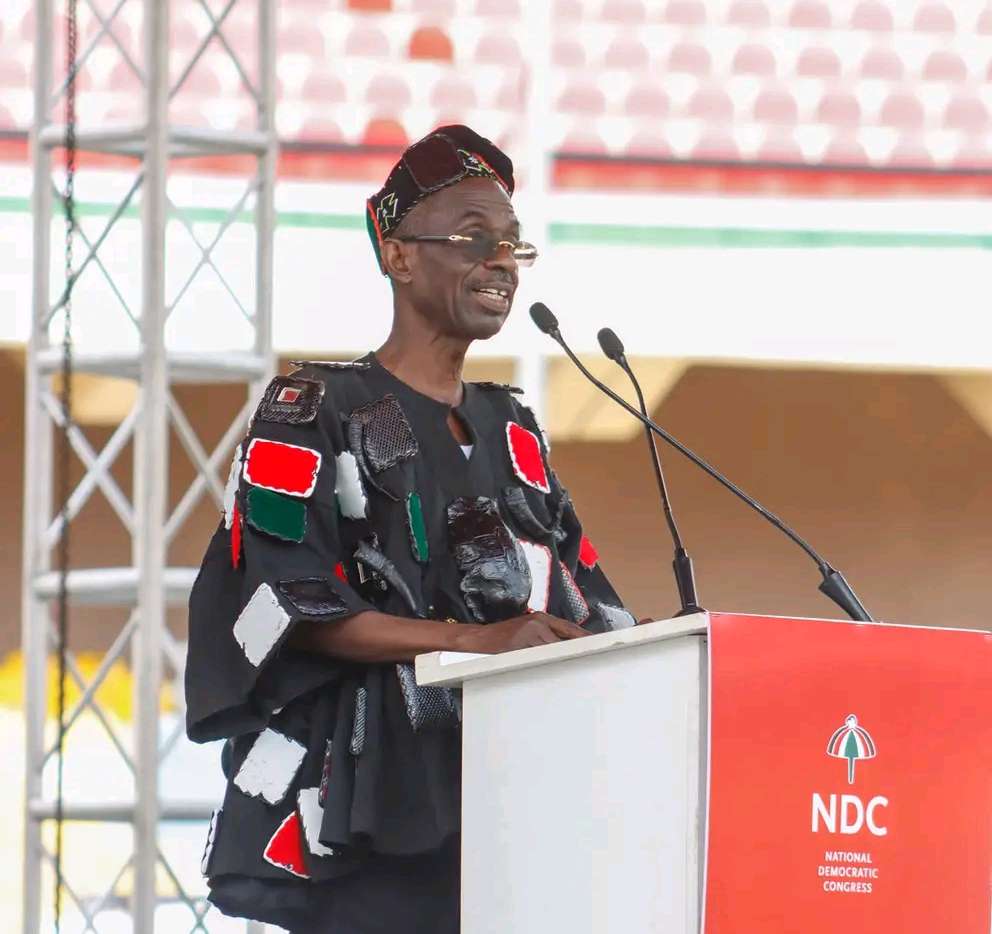The government of Alberta has pulled its support for a bid to host the 2030 Commonwealth Games due to rising costs.
Tourism and Sport Minister Joseph Schow said the bill was estimated at C$2.7bn (£1.5bn; $2bn) – a burden “too high for the province to bear”.
The organiser of the Games has said it is “sorry to hear that Alberta is no longer developing its bid proposal”.
Last month Australia pulled out of hosting the 2026 Games in Victoria due to budget blowouts.
Alberta’s withdrawal means there are currently no other firm bids to host the 2030 Games.
In a statement, the Commonwealth Games Federation (CGF) thanked all of those who worked on the application and said it believed the Canadian province “could be a fantastic host” for the Commonwealth Games in the future.
Alberta’s initial plan was to host the games over 11 days in August 2030 with competitions and events spread between Calgary and Edmonton, as well as the Tsuut’ina Nation and Enoch Cree Nation.
The CGF said dialogue with other potential hosts was “on-going”.
In a statement on Alberta’s withdrawal, Mr Schow suggested the corporate sponsorship model and limited broadcast revenues would have put 93% of costs and risks on taxpayers.
He insisted the authorities wanted to be transparent about funding and demonstrating a return on investment.
“That is why we have made the decision not to continue pursuing the bid for the 2030 Commonwealth Games.”
Alberta’s provincial government said it had committed up to C$2m (£1.2m) to explore the feasibility of hosting the Games – and the city of Edmonton another C$1m (£590,000), according to Reuters.
Commonwealth Sport Canada had been expected to complete a feasibility study this month ahead of a formal bid.
Calgary Mayor Jyoti Gondek’s office told Canada’s national public broadcaster CBC the bid was finished without support from the province.
“The provincial government’s decision to withdraw from Alberta’s 2030 Commonwealth Games bid process effectively terminates the bid and the City of Calgary’s participation,” the statement said.
The Commonwealth Games are a multi-sport tournament that take place every four years and have only ever been cancelled during World War Two.
To be eligible to participate in the games, competitors must be from one of the 54 Commonwealth countries or 18 territories – many of which were once part of the British Empire.
Earlier this year, Hamilton, Ontario, which hosted the inaugural Games in 1930, suspended its bid after the group behind the push failed to secure government commitments.
On 18 July, Victorian Premier Daniel Andrews said the 2026 event was supposed to be a massive boost for the regional cities hosting it, at a cost of A$2.6bn (£1.4bn; $1.8bn).
But he told reporters the cost of staging the 12-day games had ballooned to more than A$6bn.
“I’ve made a lot of difficult calls, a lot of very difficult decisions in this job. This is not one of them,” Mr Andrews said.
The CGF called Victoria’s decision “hugely disappointing” and added it was “committed to finding a solution”.
Scottish First Minister Humza Yousaf has said he is willing to consider proposals for Scotland to host at least part of the 2026 Commonwealth Games.
Glasgow hosted the event in 2014, and government figures suggest the total cost was around £543m ($691m).
Mayor of London Sadiq Khan has said he would support a bid for the capital to host in 2026, but said any final decision would need to be made by the government.






































